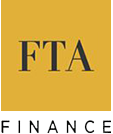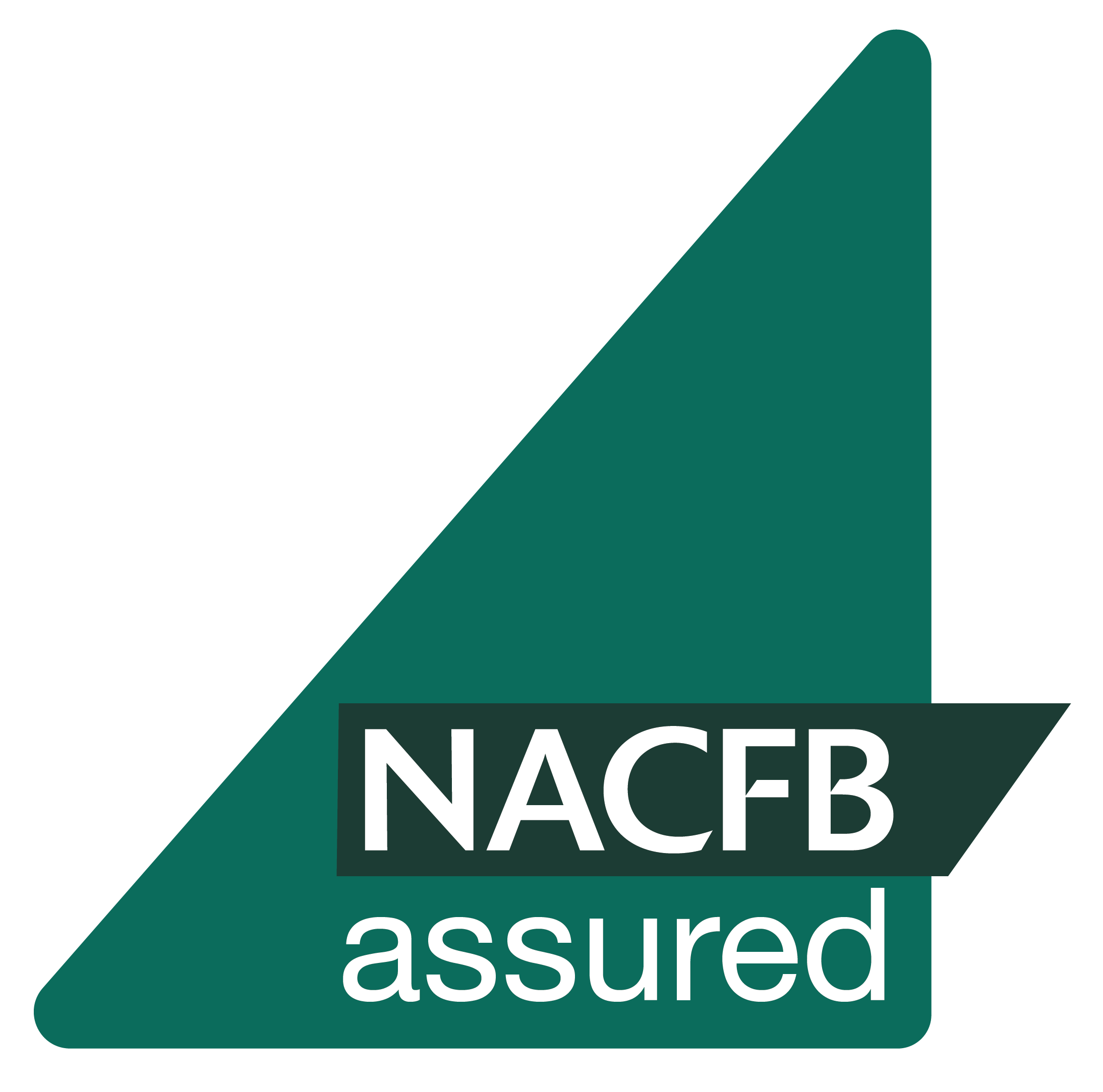How do you arrange funding for a first dental practice purchase?
If you’re an Associate looking to become a practice owner, there is both positive and negative news.
The positive news is that banks generally view dentistry favourably and can offer generous terms to first-time buyers who want to purchase NHS and private practices.
The negative news is that there’s unfortunately a shortage of high-quality practices available for purchase, and the demand from Associates looking to buy is high. This supply-demand gap results in rising goodwill values, which can sometimes make a practice purchase financially unachievable for some.
Most dental practices are “fundable” so make sure you are prepared with a persuasive, detailed, proposal
However, it’s worth noting that most practices can be financed. It’s important for any potential buyer to prepare and plan ahead to present the bank with a comprehensive proposal.
The business proposal should present both the purchaser and the practice in the best possible light, outlining how the business will be managed and demonstrating that the practice is (or will be) profitable. This will help ensure a positive response from the lender and secure competitive and flexible funding terms.
How much can you borrow for a first dental practice purchase?
To have a clear idea of your financial options, it is important to estimate the amount of finance you can secure before viewing or making an offer on a dental practice. This will help you determine if you can afford a practice that costs £250,000, £500,000, or over £1 million.
Advisers can help you obtain a guide to the level of bank support you can expect by asking about your clinical and employment background and personal financial situation. This guidance can steer you towards practices that are appropriately sized for your financial capability.
It is crucial to work with an independent adviser authorised by the Financial Conduct Authority (FCA) who can work with all banks. There are currently 14 high street banks that have a policy to lend against dental goodwill, as well as a number of smaller niche lenders.
Avoid the mistake of approaching only one bank directly because they will only be able to provide information based on their own lending policies, which may not be the most favourable. It’s important to remember that the banks differ, and there are attractive financing terms available, but only if you approach the right lenders in the correct manner.
What do you need to prepare when buying a dental practice?
Clients who approach banks directly often overlook the importance of a CV. However, it is one of the most crucial items that banks consider. Your CV should not only cover your clinical background but also highlight your managerial experience, whether it’s in dentistry or elsewhere. You must demonstrate to the lender that you are a serious business prospect and can handle the transition from an Associate to owning and operating a business, along with the associated challenges. It’s a good idea to have your CV reviewed by your business adviser to ensure that it includes the necessary enhancements that banks like to see.
Discuss your personal financial position with a dental practice purchasing specialist
The banks pay close attention to your personal financial situation, including your assets, liabilities, and personal expenses. It is important to be honest and upfront about all aspects of your finances when filling out forms, as the banks will likely discover any undisclosed information later on. An experienced adviser can help you navigate any potential issues and present your financial situation in a positive light.
It is also important to have cash savings set aside for the purchase, typically ranging from 5% to 20% of the total purchase price for goodwill purchases, depending on the lender and your personal circumstances. Freehold purchases may allow for 100% funding.
In some cases, family financial support can also make a significant difference, so it is important to inform the banks if such support is available.
The banks will also want to see proof of your earnings as an associate. This includes accountant-prepared accounts that verify your income.
For example, if you are taking over a practice where the current principal grosses £250K, but you only gross £100K (before deductions) as an associate, it is important to show the bank that you can manage the ‘step up’ income wise that comes with owning and running a business.
Your Business Plan and Forecasts for a dental practice purchase
It is crucial to determine whether a dental practice is worth purchasing before viewing or placing an offer on it. While not all practices are viable, demonstrating their worth to both yourself and the bank is essential.
Creating a Profit & Loss forecast is a critical step in this process. Typically, the most recent accounts or an average of the last three years would serve as a starting point. This would be customised to reflect how the business would appear financially under your ownership. Personal costs to the current owner would be added back, such as depreciation, spouses’ wages, and vendor finance costs. Additionally, some Associate costs could be replaced under your ownership. You must then include your own costs, with the largest being bank loan repayments. The bottom-line profit after all deductions is the most important aspect that both you and the bank will focus on. Is it possible to cover loan costs easily? Is there enough money remaining to pay taxes, your drawing requirements, and invest back into the business?
Additionally, a business plan that summarises the key points covered above is typically expected by most banks. This includes information on you (CV, financial position, and earnings), the practice you want to buy, the changes you intend to make, and their impact on the practice’s income and profitability.
Working with experts in the dental practice market
Working with an FCA registered independent adviser offers not only reassurance of having access to the entire banking market but also assistance in preparing your business plan and forecasts. They can also negotiate on your behalf with the banks to obtain competitive and flexible terms, and guide you through the entire purchasing process, working with accountants, solicitors, sales agents, bank valuers, and regulatory bodies such as the CQC, to ensure a smooth and seamless transaction.
Considering the current market dynamics and high values, becoming a practice owner for the first time can be challenging, but implementing these recommendations and advice can help you achieve your goal.
We are able to source a wide range of innovative and competitive Healthcare Finance packages specifically tailored to, and for, Healthcare Professionals such as:
Remember!
You are in a specialist market so use a specialist broker who understands your sector. With access to major banks and specialist niche healthcare lenders, we know the types of proposals that are synonymous with this sector.










